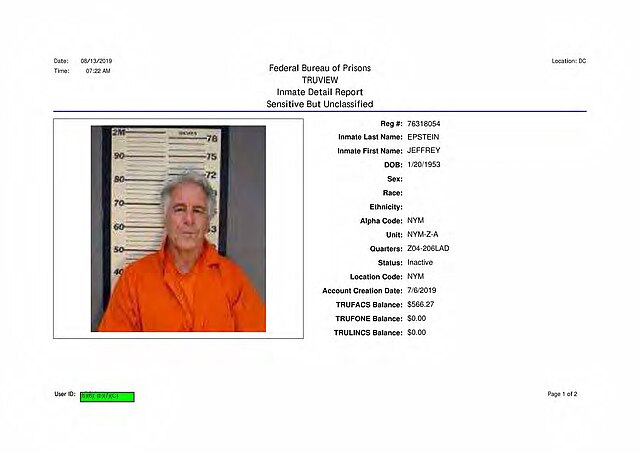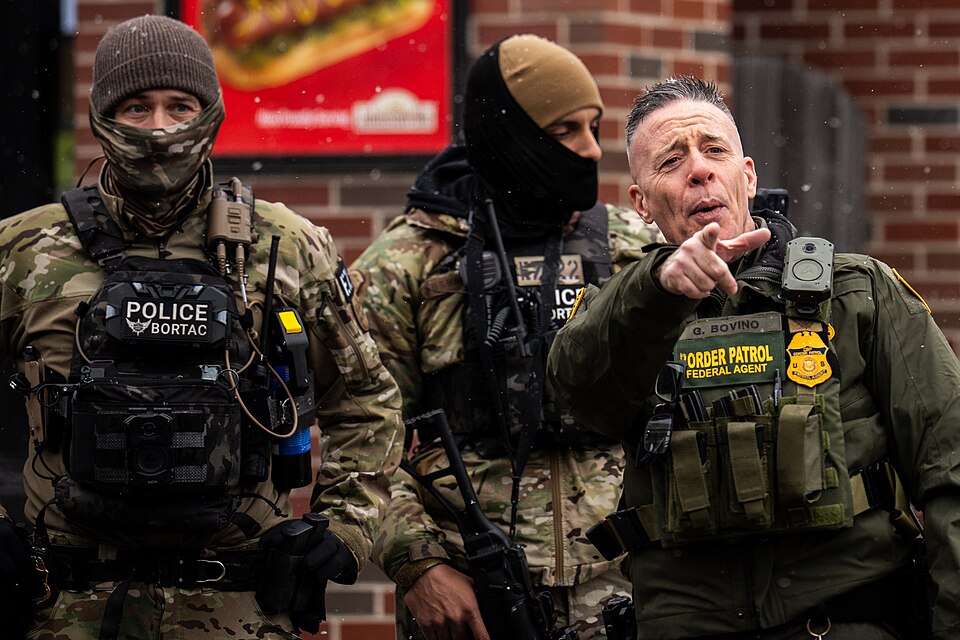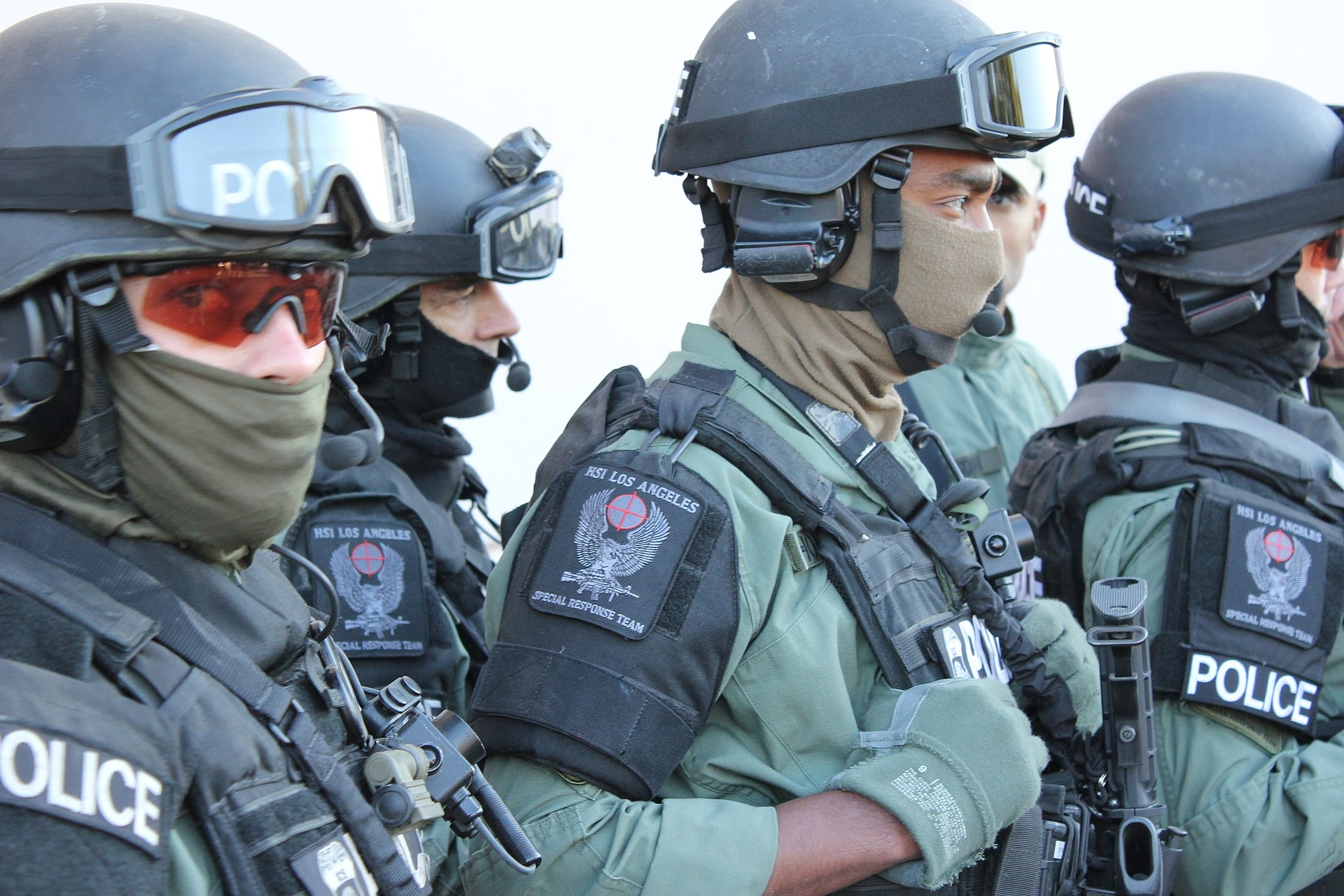
Journalist and author Julie K. Brown from the Miami Herald’s Investigative Team, joins This Is Hell! to talk about her work uncovering and investigating the Epstein Files, which can be found on her Substack, where she is still breaking new stories on the case.
We will have new installments of Rotten History and Hangover Cure. We will also be sharing your answers to this week's Question from Hell! from Patreon.
Help keep This Is Hell! completely listener supported and access bonus episodes by subscribing to our Patreon.
Welcome to the Moment of Truth: the thirst that is the drink.
You probably heard that Texas’s power grid seceded from the union in order to let the necessity- of-life-utility sector legally enslave the people to their price gouging and negligence, and that there were consequences.
The following is meant to tar our entire dumb austerity culture, though it will smell like it’s just for Tim Boyd, the recently-resigned mayor of Colorado City, Texas, in the zone of desolation where the electricity mongers pulled an Enron with an extra twist of the knife in the back.
Tim Boyd wrote his constituents a polite letter explaining the nature of the neoliberal social contract between the state and its subjects in the new millennium. Well, okay, he wasn’t actually polite. He was quite rude, to tell the truth. But his Facebook screed was explanatory. It laid out in simple, straightforward prose the ideal relationship between the general public and the for-profit authorities. It was as clear an explanation as the one Senator Ted Cruz acted out in his interpretive dance to Cancun, away from the state in question, abandoning his post. A fitting performance to illustrate his uselessness, and, although he returned to the failed state he fails to represent, once so ensconced he persevered on his useless course.
Tim Boyd’s missive begins with his thesis: “No one owes you or your family anything,” followed by a semi-colon where a comma would have sufficed. Proper punctuation is the least we are owed by our elected officials, but Boyd makes clear that even such a modest gesture is too much to expect. Clearly, neither the people of Texas nor their families are worthy of a thoroughly proofread document.
He then specifies from whom the abandoned and shafted people of Texas ought not be so whiny as to expect any type of aid or support: “The City and County, along with power providers or any other service owes you NOTHING!” I could here mention the subject/verb agreement error – I could easily proofread the whole damn thing and fix the numerous mistakes – but I don’t owe Tim Boyd anything. He’s never given me anything but a mild headache.
The City and County, to whom the people presumably pay taxes, to the best of their ability, or avoid paying taxes to the best of their ability, apparently owe nothing in return for those monies. It’s enough for them to collect... read more
Welcome to the Moment of Truth: the thirst that is the drink.
My mom always said that one day I’d wake up fat. I don’t know why she said that, but she was right. What she didn’t say was that the forces of history would be responsible for my enfattening. I’m writing this on Fat Tuesday, known in Acadian French as “Mardi Gras.” This year my birthday came one day before Mardi Gras. I’ve been told I can celebrate my birthday all month, which would make this month, unofficially, Fat History Month.
At the dawn of Fat History stands the Venus of Willendorf. At the end lies Rush Limbaugh, dead of lung cancer. If we saw Fat History as a straight-line journey from Venus to Rush, things would look pretty bleak. Luckily we have many branchings of the paths, tangents and co- tangents, wendings and wigglings, complexities and convolutions, as we’ve come to the fractal array of fatnesses today.
In the past we had the proud obesity of prosperity. Today we have the shameful obesity of poverty. Such a contrast of fatness and what it signifies belies the rich buttery goodness of the truth. Nothing is ever as simple as it seems. Lizzo is a hot, shiny, body-positive rapping flutist, not flautist, while the comparatively slim, clownish Tracy Morgan suffers from diabetes. Fat and slim evoke reactions based on the mores of the moment. It’s amazing how short-term such judgments are, and how little time it takes for the advertising wing of the food establishment to steer collective values toward what they need us to desire.
We are a fickle hivemind, a hivemind easily led by the nose.
The slender young woman has been a sexy, lighthearted flapper or a waifish hippie chick, both of them out for good time; an anorexic or bulimic victim of her own neuroses; a drug addict, a slave with no will to resist; a poised, dangerously seductive model who’s also a spy, or a gullible, soft- hearted film star sucked in by seditious rhetoric and finally caught in a secret policeman’s trap.
But buried deep under layers of adipose tissue is where the golden woman resides – the matriarch. Mama Cass was everyone’s mother, nobody’s lover. Rotundity stabilizes a woman. It gives her a center of gravity. It makes her practical. While the wind might blow away the willowy waif, the large woman will anchor her house firmly to the ground during the hundred- mile-an-hour winds of a... read more



